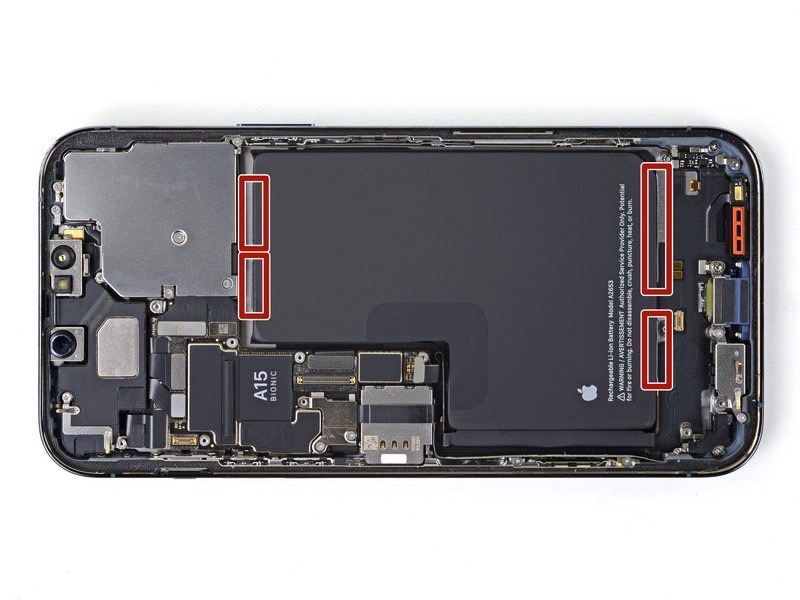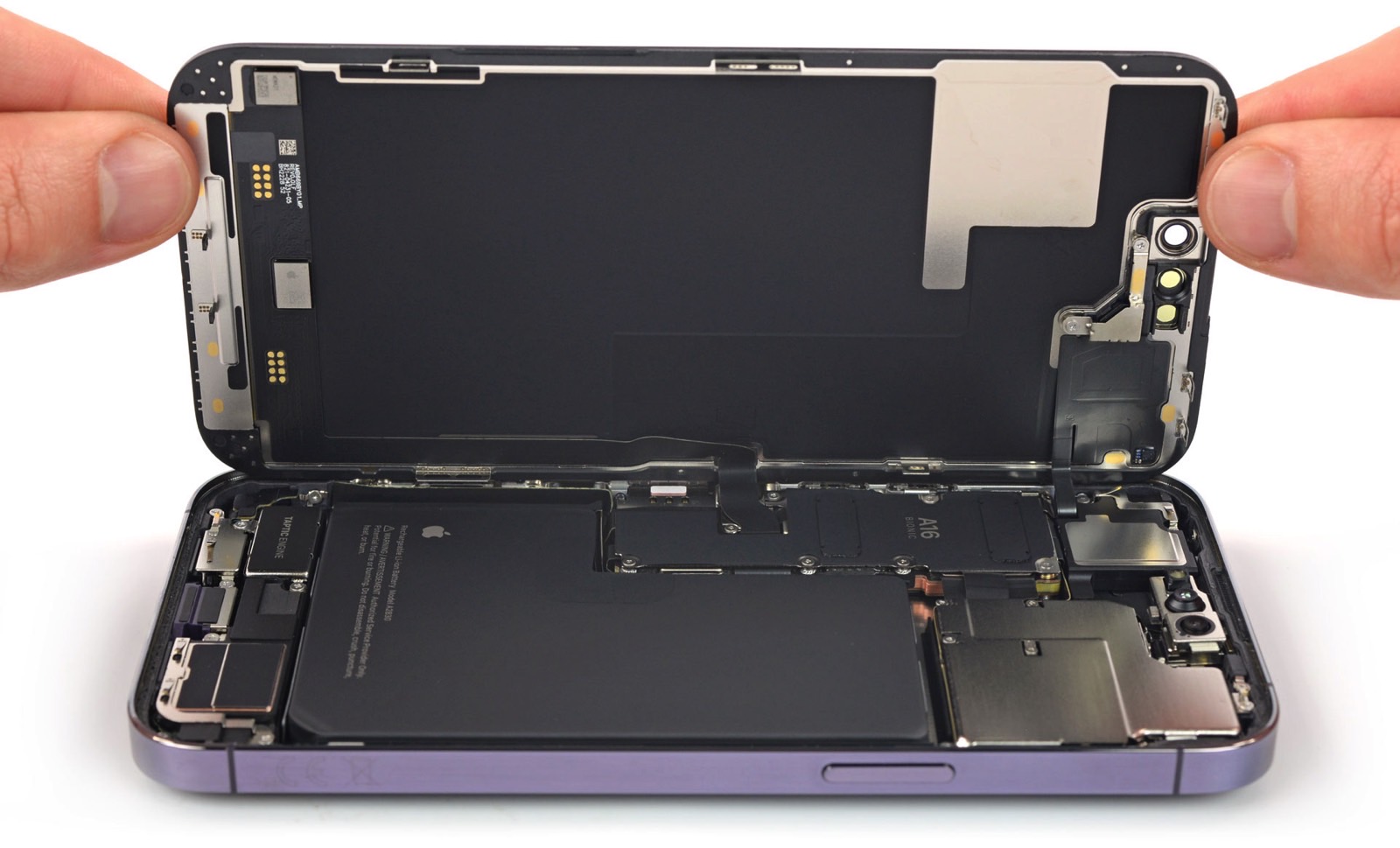The European Union (EU) just voted to adopt the new proposed battery legislation that would force device makers to adopt a few big changes. The European Council voted overwhelmingly in support of the proposed bill, which will become law in the region. One of the aims of the legislation is to make batteries easier to replace and, therefore, to recycle. Customers should be able to do the replacement themselves with regular tools at their disposal. This prompted speculation in the past that the EU will force Apple to create iPhones with easy-to-replace batteries. The same goes for all other mobile phone vendors operating in the region.
While I have explained why I don’t want to ever replace the iPhone battery myself and why the EU should not force design changes on Apple and others, other people might want to do that. And there’s no denying the world needs strong regulation concerning battery waste and recycling.
Now that the Council has voted in favor of the law, more details are coming out. It appears that the iPhone won’t have to feature a removable, user-replaceable battery after all. That’s because the EU will have other rules for exempted devices that should benefit consumers.
You can replace the iPhone battery yourself
EU legislation aside, Apple already has an iPhone repair program that lets you replace the iPhone battery and other components. The process isn’t exactly simple, however. And while you can do it at home, you need specialized equipment from Apple. The better option is having your battery serviced in an Apple store or authorized repair shop.
Under the new EU regulation, batteries inside devices should be easily replaceable. Customers should do it with regular tools they might have around the house.

The iPhone repair program is an initiative that shows Apple supports the growing right-to-repair movement. Apple developed the repair program well before the EU’s new laws were passed through the European Parliament and Council. And Apple might very well choose to develop future iPhones with easier-to-replace batteries.
The EU has already proven it has the power to force big iPhone changes. The iPhone 15 will be the first-gen iPhone to feature USB-C connectivity because the EU set USB-C as the charging port for battery-powered devices sold in the region.
Also, iOS 17 will bring sideloading to the EU along with support for third-party app stores and payment systems.
The iPhone battery exemptions
But if WinFuture’s findings are correct, the EU’s new battery regulations have exemptions in place that will allow smartphone vendors to continue selling devices with built-in batteries that are harder to replace.
One exemption says that waterproof devices do not have to feature user-replaceable batteries. That’s something I addressed before. The iPhone isn’t waterproof, but it’s pretty good at surviving after water-related accidents. I wouldn’t want to risk that feature by replacing the battery myself.
The second exemption is even more interesting. This is the good news I was referring to earlier. Smartphone vendors like Apple can continue using built-in batteries as long as they offer high-quality batteries. The battery should still have 83% health after 500 cycles. Or 80% health after 1,000 cycles.
Assuming you charge the iPhone daily, these figures mean you should use the iPhone for at least three years without worrying about degrading battery performance.

iPhone batteries are already pretty resilient and won’t require replacements after years of use. I ditched my 2017 iPhone X after five years. I only changed the battery so I could pass the device to someone else. But the battery was still in good health.
If the EU will indeed let smartphone vendors bypass its new battery regulation, I’d expect Apple to come up with ways to improve the health of iPhone batteries and reduce degradation. But that’s just speculation.
Apple and other electronic device vendors have until 2027 to comply with the EU’s new battery laws. This gives them ample time to adapt designs of new products so batteries can be removed and replaced easily.
The European Parliament and Council will sign the new regulation, and the EU will publish it in the Official Journal. After that, the law will become enforceable within 20 days.








